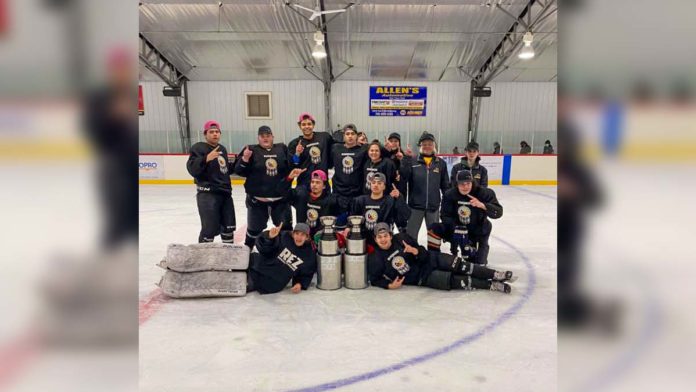As we approach a season of warmth and growth, we should consider ways we can benefit ourselves and the environment around us. Gardening on a small scale can seem like a lot of work with little benefit. If you follow some of the tricks mentioned in this article it will be a productive breeze.
Collecting rainwater using old detergent bottles or using empty glass jars as planters are all ways that you can upcycle a garden. You don’t necessarily need a full-on compost to enrich your soils and reduce your food waste. There are many more space/time-friendly options: incorporating crushed eggshells into your soil, using leaves from last fall as a top layer that will hold your water in and protect your baby plants or making banana peel water for your plants (wouldn’t recommend consuming). If you do not know what to plant, browse from local farmers’ seed and seedling selections such as Three Forks Gardens, JD’s or Farmer Ted. You can even check your local library to see if it lends seeds. Rest assured, they will not sell plants that don’t suc-seed in our climate.
Gardening without the use of pesticides is like eating an orange without the peel on; wonderful and as easy as can bee. If deer are eating your shrubbery, plant some chives or irises; both grow on Manitoulin naturally. Squirrels are being pests? You can try planting lilies of the valley or daffodils. Did you know that coffee grounds add nutrients and acidity to your soil, attract earthworms to irrigate your garden, deter pests and turn hydrangeas blue. A quick Google search and you can easily find a fashionable, edible and eco-conscious way to solve your problem without harming the surrounding ecosystem, using invasive species, or hurting your garden or lawn.
For whatever reason, you may not be able to garden this spring. This should not stop you from making seasonal changes. Buying fresh foods from local farmers or tossing a couple of flower seeds in an old garden box can help, even if it is just a little bit. Not mowing some or even all of your yard gives pollinators some extra food and saves you time and gas money.
This newspaper can be your very first step to a hobby garden! It can be used as a base for a garden bed, moulded into biodegradable cups for easy transplanting or used as mulch. Small efforts add up. The results of having a healthy garden are rewarding and have a therapeutic effect.
In the next installment, learn about carbon sinks for reducing your carbon-footprint.





